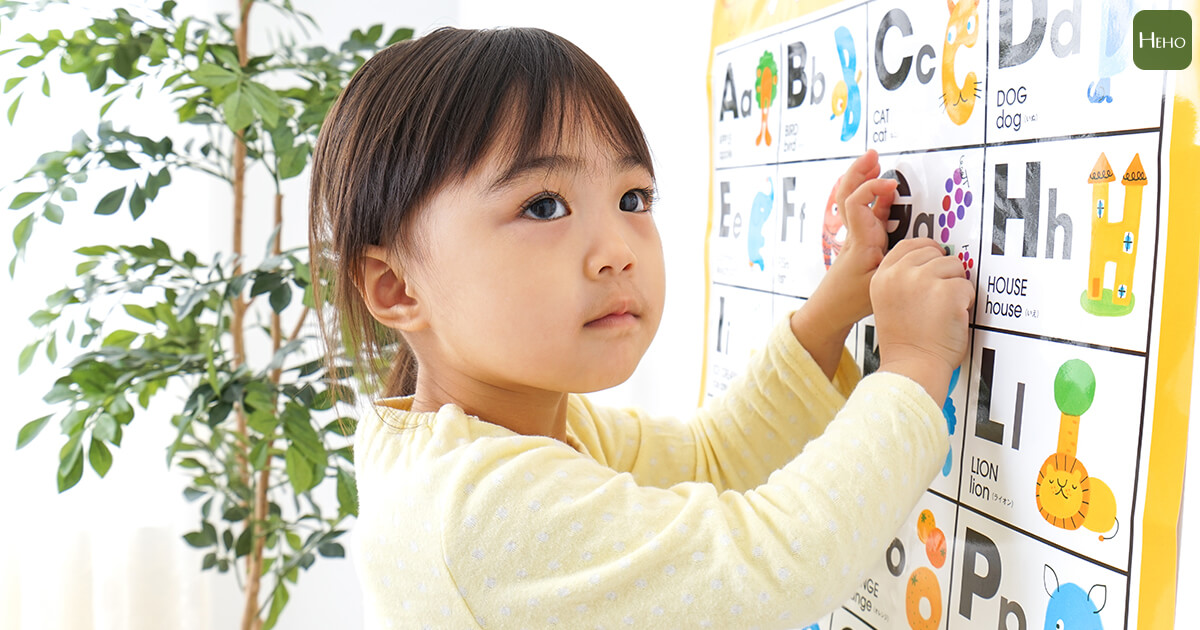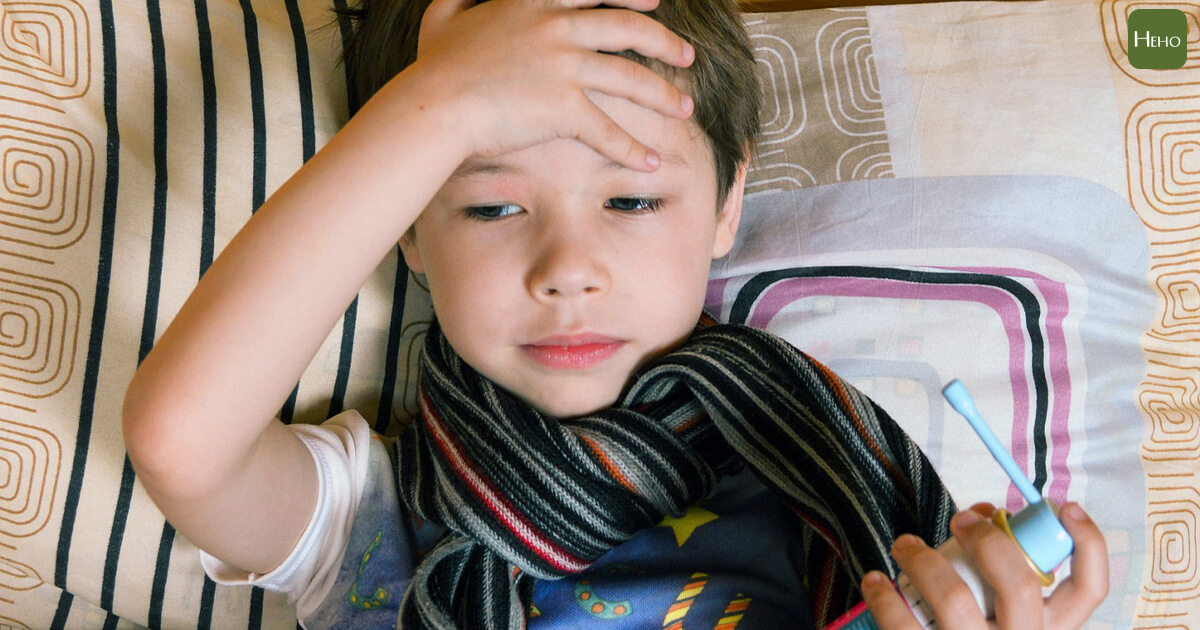Research indicates that for a child to be able to lie, they must possess two key abilities. Although we are not happy to hear children's lies, the fact is that by the age of four, most children will lie.
Do you remember how you felt the first time you discovered a little child around you lying? Were you surprised in your heart?

About 30% of children can lie by the age of two. (Image provided by Heho Health)
According to research by the Department of Psychology at the University of Toronto in Canada, about 30% of children can lie by the age of two; by the age of three, about half of the children can lie; and by the age of four, the rate of lying reaches 80%.
It's amazing how common lying is among young children! These research results surprise many adults, making them wonder whether such behavior should be corrected at such a young age. Isn't "honesty is the best policy"?
According to the research, for a child to be able to lie, they must possess two key abilities. First, they must have the "mind-reading ability," meaning they must understand that their thoughts are different from another person's and that what they know is different from what others know. In other words: "I know that you don't know what I know."
Secondly, they need the ability to control themselves; they must know how to control their speech, facial expressions, and body language, otherwise, the lie will not be credible.
Think about it, a little child understands these things, setting aside that lying is not an encouraged behavior, the intelligence and creativity required for it are indeed signs of growth.

A child lying is one of the behaviors in their psychological development. (Image provided by Heho Health)
Most of the lies told by young children are to avoid unpleasant consequences (such as breaking a vase) or to get what they want (such as their favorite food or praise). And children are not born with a moral sense; they have to learn it through exploring their environment and receiving feedback from it.
There is also a complex reason behind a little child’s lying: they do not know the difference between truth and fiction. Early childhood is a time full of imagination, fantasy, and exploration, where they might pretend to be a fire-breathing dragon or claim to be a princess. These are healthy signs of early childhood development and add to the fun of childhood!
Although we are not happy to hear children's lies, the fact is that by the age of four, most children will lie. This is one of the behaviors in their psychological development. With this understanding, we can have more patience and tolerance when correcting children about not lying.







